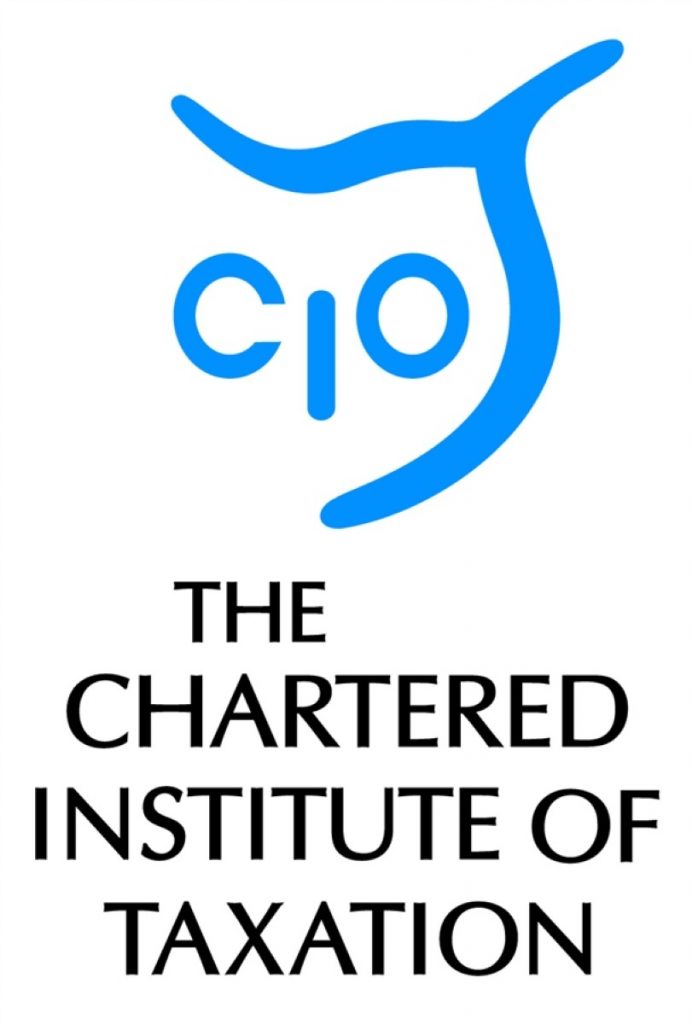CIOT: Tax advisers welcome new statutory power for HMRC to drop inequitable tax demands
The Chartered Institute of Taxation (CIOT) and Low Incomes Tax Reform Group (LITRG) have warmly welcomed the introduction of a new statutory ‘special relief’, enshrining in law for the first time HMRC’s power to forgive tax debts that are legally due but which are shown to be excessive and unfair.1
The new legislation replaces the ‘equitable liability’ concession. This was at one time scheduled to be abolished without replacement. However, following strong representations from the CIOT, led by the Institute’s then President, Andrew Hubbard, and others in the tax community, the Government announced in December 2009 that they would be legislating to retain the practice. The legislation was passed in late March 2011 and came into effect at the start of April.
CIOT President Vincent Oratore said:
“This is really welcome news and marks the culmination of a very satisfactory collaborative process between HMRC and taxpayers’ representatives.
“It is clear that the last Government were caught by surprise by the strength of the reaction to their proposal to abolish this practice. To their great credit they immediately agreed to sit down with us and other tax professionals and listen to our concerns, and consequently agreed to keep it and make it statutory. It is to the credit of the new Government that they have carried this commitment through into legislation in their first year.”
LITRG Technical Director, Robin Williamson, said:
“The most vulnerable in society need protection when things have gone badly wrong, even when they themselves may have caused the problems by their own action – or more often inaction. We are delighted that legislation has now put this on a proper, permanent footing.
“It is especially welcome that, as suggested in our representations, the legislation has been amended to allow the relief to be claimed more than once if there are exceptional circumstances. However it is disappointing that the Government have defined the coverage of the new relief fairly narrowly and not included the full range of national insurance classes or VAT.”2
Notes for editors
1. Background
HM Revenue and Customs (HMRC) and its forerunners have long had the power not to pursue tax in cases where it would be ‘unconscionable’ (excessive and unfair) for them to do so. This was known as the ‘equitable liability’ practice and applied in cases where, although an amount was technically due (typically because a taxpayer has missed the deadline for appealing against an HMRC estimate of their tax liability because of ignorance or misunderstanding about procedures), the taxpayer could demonstrate that the true amount of tax which should be payable was less. Often it was the most vulnerable taxpayers who benefited from HMRC’s exercise of discretion in these cases.
A review in 2008 listed the equitable liability practice among a number of concessions scheduled to be abolished from April 2010. (This followed a court ruling in 2005 that HMRC had no power to alter tax demands unless there was specific legislative power.) The Chartered Institute of Taxation and the Low Incomes Tax Reform Group were among the professional bodies, charities and individuals who made representations that it should be retained. Having studied the cases presented to it and listened to the arguments, HMRC made the welcome announcement, in December 2009, that secondary legislation would be introduced to retain equitable liability in very much its original form.
HMRC consulted on the regulations and adopted some of the suggestions made by representatives. The legislation was passed in late March 2011 and came into effect on April 1st.
2. The ‘special relief’ covers only income tax self assessment (including class 4 national insurance contributions) and corporation tax self assessment, but not other classes of NIC nor VAT. HMRC argued that it would be going beyond the remit of the original concession to include these, despite two tribunal cases (the Singh judicial review case at the Upper Tribunal and the Valentine Homes and Construction Limited case) which cast doubt on this.
3. The Chartered Institute of Taxation (CIOT) is a charity and the leading professional body in the United Kingdom concerned solely with taxation. The CIOT’s primary purpose is to promote education and study of the administration and practice of taxation. One of the key aims is to achieve a better, more efficient, tax system for all affected by it – taxpayers, advisers and the authorities.
The CIOT’s comments and recommendations on tax issues are made solely in order to achieve its primary purpose: it is politically neutral in its work. The CIOT will seek to draw on its members’ experience in private practice, government, commerce and industry and academia to argue and explain how public policy objectives (to the extent that these are clearly stated or can be discerned) can most effectively be achieved.
The CIOT’s more than 15,000 members have the practising title of ‘Chartered Tax Adviser’ and the designatory letters ‘CTA’.
The Low Incomes Tax Reform Group (LITRG) is an initiative of the Chartered Institute of Taxation (CIOT) to give a voice to the unrepresented. Since 1998 LITRG has been working to improve the policy and processes of the tax, tax credits and associated welfare systems for the benefit of those on low incomes.
– ENDS –
George Crozier
External Relations Manager
D: +44 (0)20 7340 0569
M: +44 (0)7740 477374
The Chartered Institute of Taxation
www.tax.org.uk
Low Incomes Tax Reform Group
www.litrg.org.uk
The Association of Taxation Technicians
www.att.org.uk
1st Floor, Artillery House, 11-19 Artillery Row, London SW1P 1RT





-01.png)